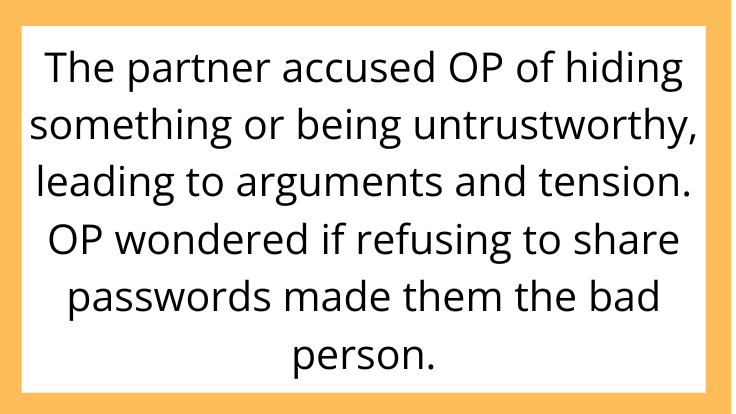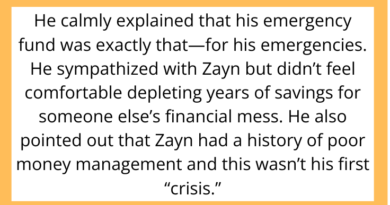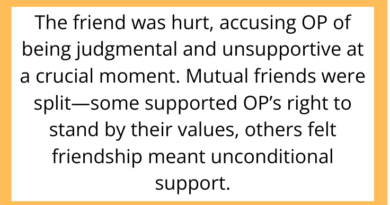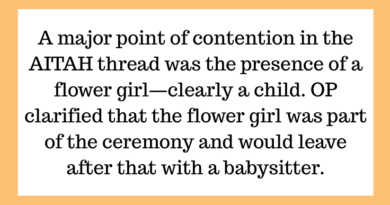AITAH for Refusing to Share My Password with My Partner?
In relationships, trust and transparency often go hand in hand, but where should the line be drawn when it comes to personal privacy? Recently, a popular post on r/AITAH asked whether it’s wrong to refuse sharing a password with a partner, sparking a heated discussion about boundaries, trust, and respect.
In this blog post, we will explore the dilemma of sharing passwords in relationships, why personal boundaries matter, and how couples can navigate trust without compromising their privacy.
The Situation: Privacy vs. Transparency in Relationships

The original poster (OP) explained that their partner insisted on having access to their phone and social media passwords, claiming it was a way to build trust. However, OP felt uncomfortable sharing such private information, viewing it as a violation of personal space rather than a trust-building act.
The partner accused OP of hiding something or being untrustworthy, leading to arguments and tension. OP wondered if refusing to share passwords made them the bad person.
Why Maintaining Personal Boundaries is Important

Trust is essential in any relationship, but that doesn’t mean you have to surrender every aspect of your privacy. Here’s why setting boundaries around digital privacy matters:
-
Personal autonomy: Everyone deserves a private space, even within close relationships.
-
Healthy trust: Trust should be based on respect, not surveillance or control.
-
Preventing resentment: Sharing passwords under pressure can breed discomfort and anger over time.
Respecting each other’s digital boundaries helps maintain a balanced and healthy partnership.
How to Build Trust Without Sharing Passwords

If you’re in a similar situation, consider these ways to strengthen trust while preserving privacy:
-
Open communication: Talk openly about your concerns and why privacy matters to you.
-
Mutual respect: Agree on boundaries that work for both partners without feeling controlled.
-
Transparency in actions: Be honest and consistent in behavior to reinforce trust.
-
Compromise: Find middle ground, like sharing certain information without full access.
Trust is a two-way street that thrives on understanding, not intrusion.
Why Some Partners Demand Passwords
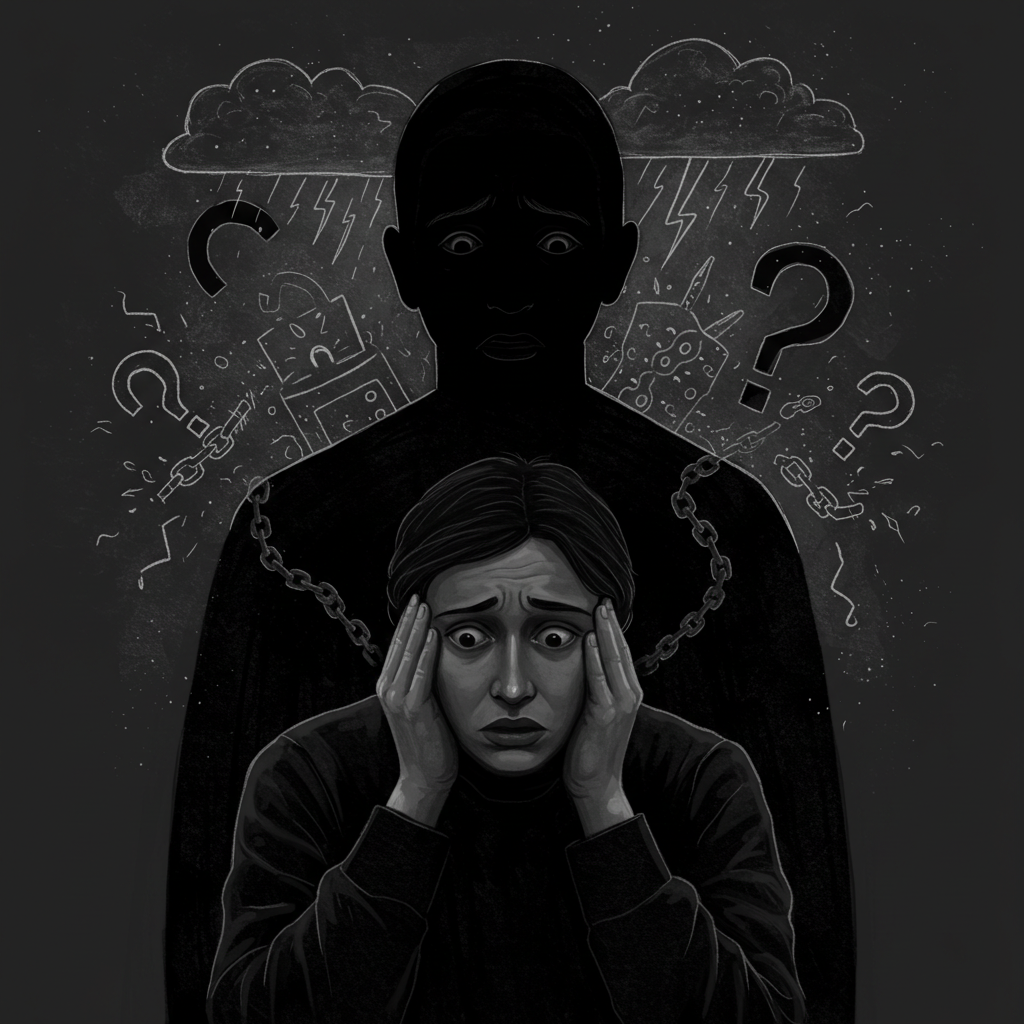
Demanding passwords often comes from insecurity, fear of betrayal, or past experiences. While it’s natural to seek reassurance, it’s important to express those feelings without controlling or invading privacy.
Community Opinions on Reddit
The AITAH community largely supported OP’s right to keep their passwords private, emphasizing that healthy relationships don’t require surveillance. However, some noted that partners should feel safe and that open dialogue is key.
Final Thoughts: Privacy and Trust Can Coexist

Refusing to share passwords doesn’t automatically mean you’re untrustworthy or hiding something. It means you value your personal boundaries and want trust built on respect, not control.
If you face this dilemma, remember to communicate honestly, respect each other’s boundaries, and work together to build a relationship where both partners feel safe and valued.
